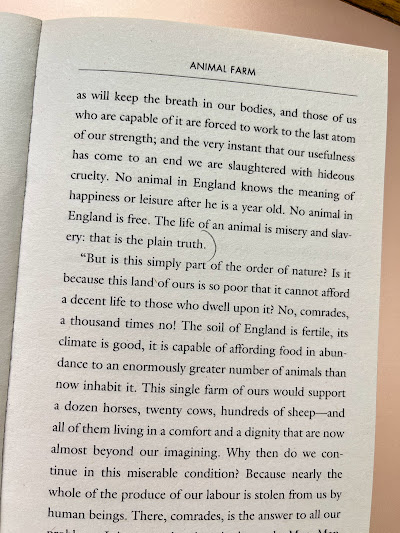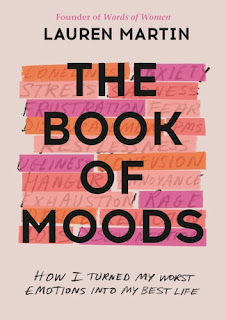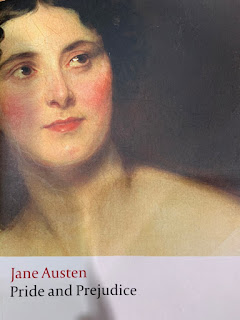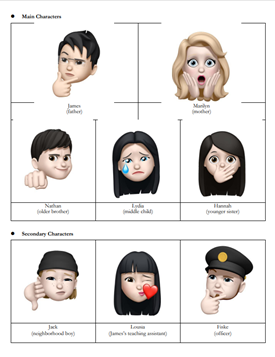Reflexion on "YOU" CHAPTER 9 TO 12
The phase of the story in terms of intensity, was layer over layers. And this time, it blew my expectation away once again. Joe was too smart and so bold, that literally made me start worrying about him, the karma he might get for what he has done. Remember the last time he only stole a phone? This time he kidnapped a person. Benji.
Joe scammed Benji in a reason for buisiness, because Benji wanted to sale his club soda, so Joe disguised him self as a buyer and meets up with Benji. He guides him to the basement of the bookstore, said it was a nice place to talk about buisiness. Right after Benji enters the basement, Benji senses that something is wrong, but by the time he's starting to change his mind, Joe has already smashed a hammer in his face. Joe locks him into the acrylic cage and just gets back to work like nothing happened.
Beck comes to the bookstore to thank Joe again for saving her from the rails, and Joe asks her out on a date, and she says yes! On the day of the date, Joe is over the moon, but Beck on the other hand was pretty distracted, worrying about Benji. And that was real generationly upsetting for Joe, he went back to the cage and asked Benji for his phone password in exchange for a line of heroin, and takes over his Twitter account. He starts posting a lot so Beck can finally stop thinking about Benji. And that is the problem happens in this generation, the social media controls everythings, people's mind, a few tweets could form up with a piece of truth. The details in this story kept warning us about the hidden and invisible dangers in our generation.
Beck asks Joe to go to her best friend Peach's party with her the next day. Peach throws this party every year on her parent's divorce anniversary to distract herself from thinking about it. She used this as an emotional blackmail to convince Beck for coming to the party, which has been emphasized that this is one of the feature of her personality. As soon as they arrive at the party, Peach immediately steals Beck away from Joe, leaving him to discover the house alone. He was admiring a very beautiful collection of first edition books that he found in one of the rooms when Peach came to talk to him, saying in a very casual but also sharp way, how impossible it is, to run into each other twice, in such a big city. Joe catches that sharp, detective tone, and he steals one of her expensive first edition books out of anger. As Beck and Joe are about to leave the party, a woman named Maddie came up to Joe and said that she heard about him and "Candace", and how she left so suddenly...
Even the mainline story was so intense, the author kept bringing us back into a peaceful and a lovely vibe to make us think that what Joe has done was not really scary, and made it seems like reasonable. I couldn't stop wondering: Is it a love novel or a horror novel. Actually, I don't want to find out it's caregory on google, I'll just keep reading and find the answer in the book. If you are still reading this, thank you very much, I hope you feel the same, and hopefully I'll See you next week!



















